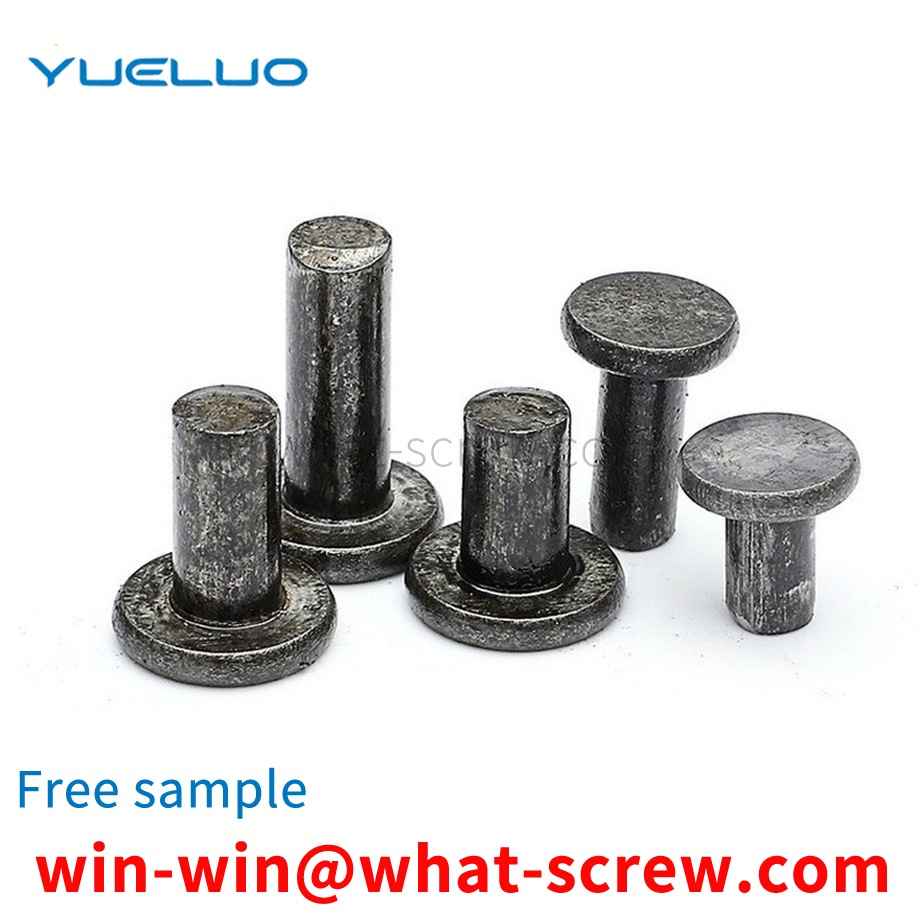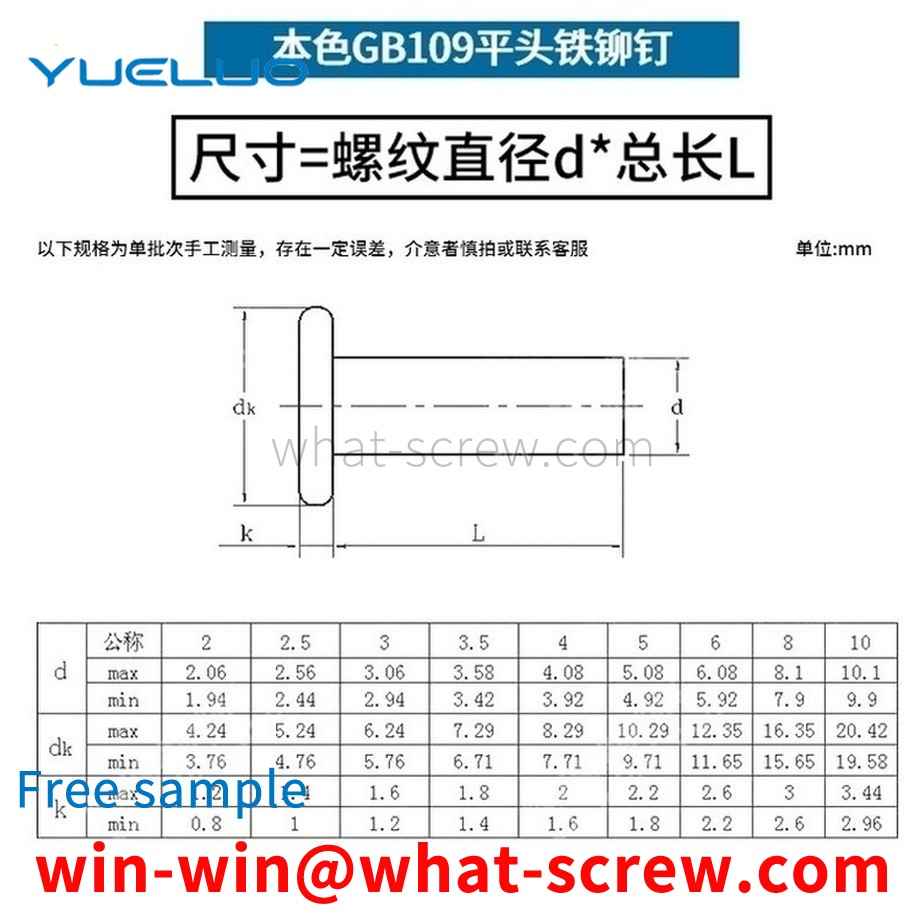Combination bolts refer to a bolt with a spring washer and a flat washer, which are combined by rubbing teeth. Before the combination bolt is used, the bolt, the spring washer and the flat washer are generally combined by a specific machine. The combined production line mainly includes the processes of feeding, discharging, feeding, charging, screwing and tightening. The existing combined bolt production equipment mainly transmits the bolts to each process through the conveyor belt, and finally completes the combined assembly. The machines in each process are scattered and the space is occupied. The vibrating plate feeding generally puts the bolt head up, and its bolts, spring washers, etc. After the flat pad is assembled, the fixation is poor, and it is easy to fall off during the assembly process.
The performance grade 8.8 of stainless steel bolts refers to the material's tensile strength limit of 800MPa and yield limit of 640MPa. The performance grades of stainless steel bolts, studs and studs are divided into 10 grades: from 3.6 to 12.9. The number before the decimal point represents 1/100 of the tensile strength limit of the material, and the number after the decimal point represents 10 times the ratio of the material's yield limit to the tensile strength limit. There are 7 grades of performance grades for nuts, from 4 to 12. The numbers roughly represent 1/100 of the minimum stress that the stainless steel nut is guaranteed to withstand. For unified inch threads, there are three thread grades for external threads: grades 1A, 2A and 3A, and three grades for internal threads: grades 1B, 2B and 3B, all of which are clearance fits. The higher the rating number, the tighter the fit. Classes 1, 1A and 1B, very loose tolerance classes, which are suitable for tolerance fits of internal and external threads. Grades 2, 2A and 2B are the most common thread tolerance grades specified for inch series mechanical stainless steel fasteners. Grades 3, 3A and 3B, screwed together to form the tightest fit, suitable for tight tolerance stainless steel standard parts, for safety critical designs. Metric threads, there are three thread grades for external threads: 4h, 6h and 6g, and three thread grades for internal threads: 5H, 6H, 7H. Thread fit is best combined into H/g, H/h or G/h. For bolts, stainless steel nuts and other refined fastener threads, the standard recommends 6H/6g fit. Carbon steel: The strength grade is marked by ? It consists of two separated numbers. The meaning of the number part before the ? in the marking code represents the nominal tensile strength, for example, 4 in grade 4.8 represents 1/100 of the nominal tensile strength of 400N/MM2. The meaning of the ? and the number part after the point in the marking code represents the yield-strength ratio, that is, the ratio of the nominal yield point or the nominal yield strength to the nominal tensile strength. For example, the yield point of grade 4.8 products is 320N/mm2. The strength grade mark of stainless steel products consists of two parts separated by —. The symbol before — in the sign code indicates the material. Such as: A2, A4 and other signs — indicate strength, such as: A2-70 Carbon steel: The mechanical properties of bolts can be divided into: 3.6, 4.6, 4.8, 5.6, 5.8, 6.8, 8.8, 9.8, 10.9, 12.9 in total 10 performance levels
The safety of screws and bolts in important occasions is related to the safety of the overall operation of the equipment, especially in public places and open air places, the theft of screws will cause major safety hazards. It is easy to loosen, and there is a safety hazard in long-term use.
Traditional rivet nuts are usually cylindrical, and special tools are required to complete the riveting operation between the workpiece and the sheet, and tools are completely required for locking. And in the actual production process, it is often encountered that there are square holes on the workpiece, and bolts need to be installed in the square holes, especially in the power cabinet and the control cabinet when the workpiece with prefabricated square holes is used as the main frame, due to Due to the special structure of the workpiece, the installation nut can only be inserted from the side, and the installation cannot be completed when the side installation space is limited, which brings inconvenience to the installation.
In the prior art, the hardware and the handle are generally assembled and connected by means of rivet riveting; in the process of assembling the hardware and the handle, the prior art adopts manual operation to realize the riveting and assembling process, which is time-consuming and labor-intensive. and low productivity.
We have many years of experience in the production and sales of screws, nuts, flat washers, etc. The main products are: extension screws, non-slip flange bolts, cotter pin positioning pins, tightening screw caps and other products, we can provide you with suitable fastening products piece solution.



















 Service Hotline
Service Hotline




